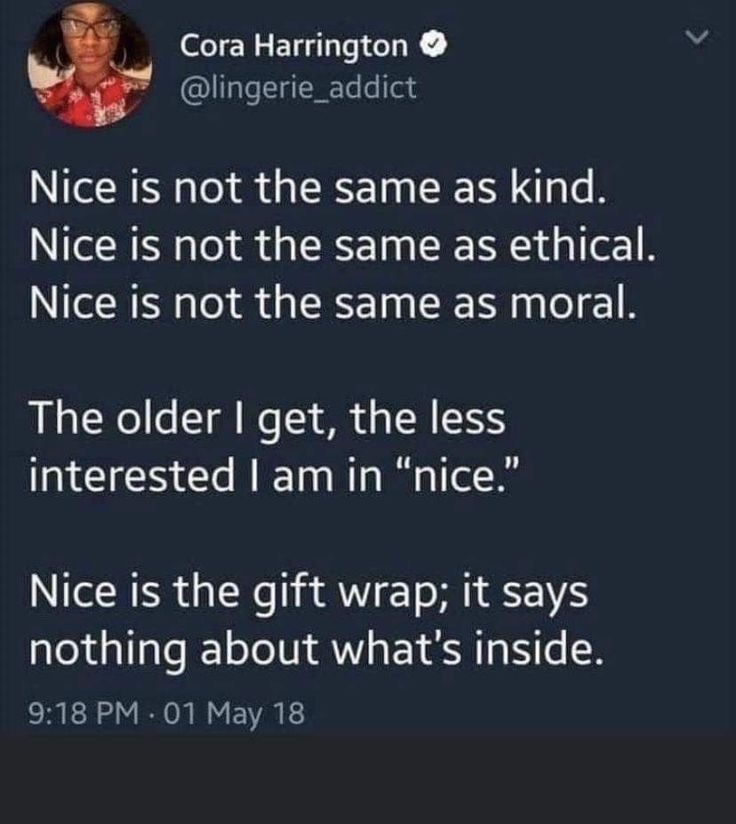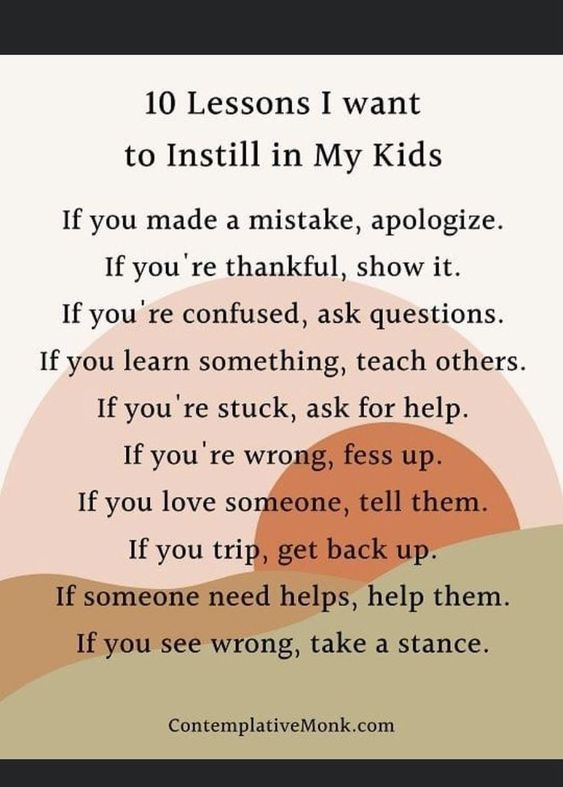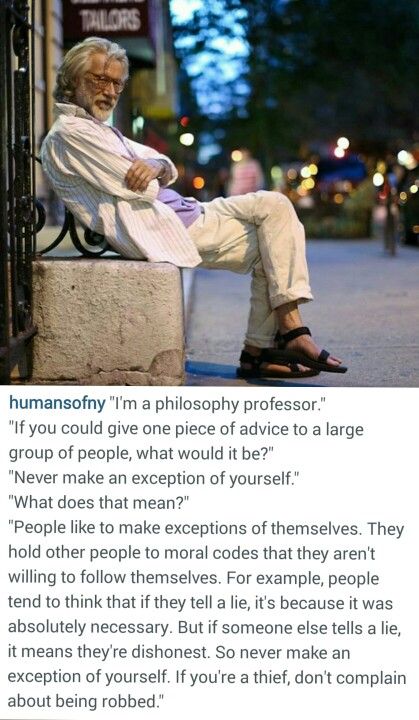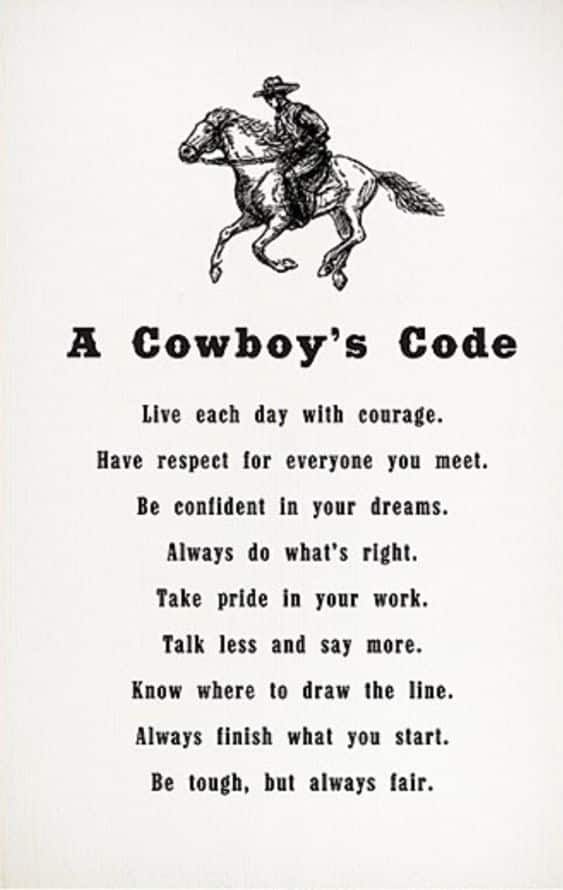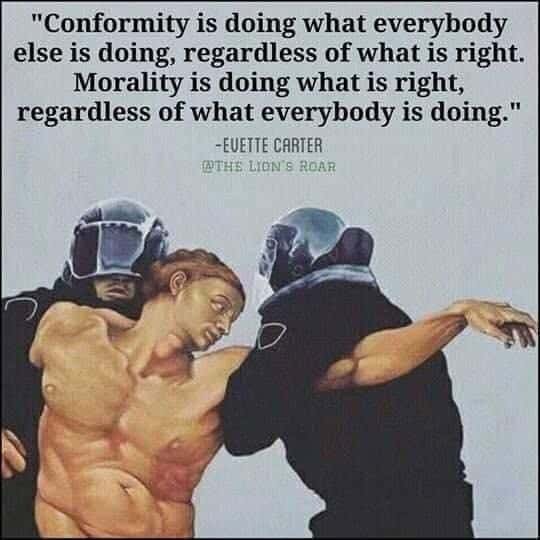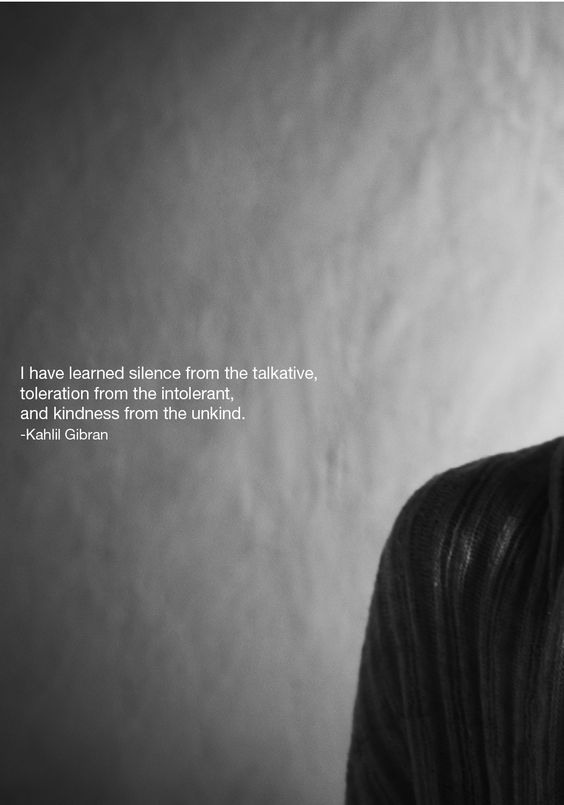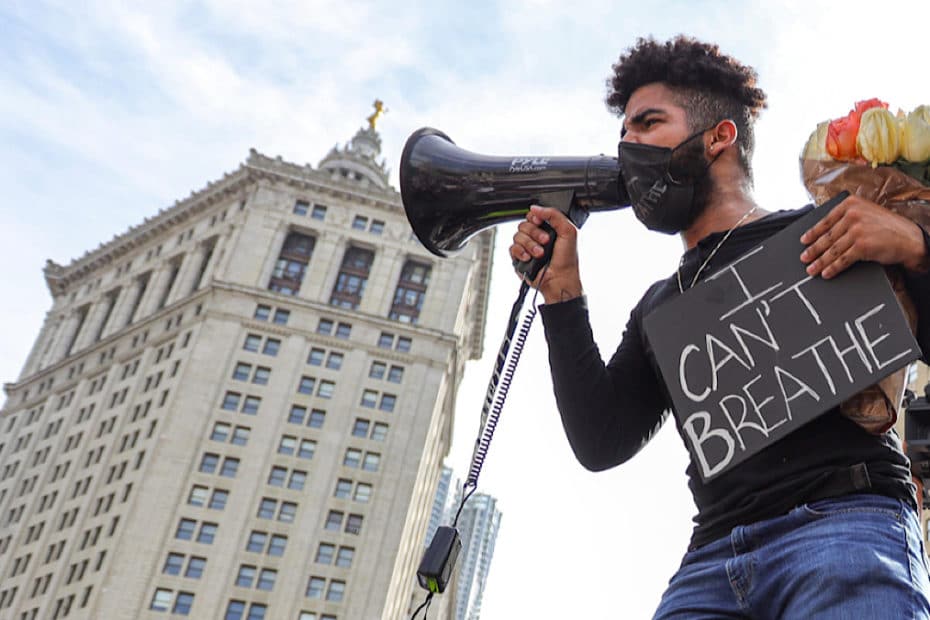“The conspiracy theorist in your Facebook feed. The politically radicalized family member. The angry stranger looking for an argument. Crazy people and crazy situations are opportunities to practice virtue. To show courage by standing firm in your principles. To demonstrate justice by treating them fairly despite their unfairness to you. To exercise temperance by controlling your emotions when they’re trying to provoke you. To insist on what’s right. To fight for change where you can. To put your efforts where they make a positive difference.”
Ryan Holiday
“The sinner sins against himself: the wrongdoer wrongs himself, by making himself morally bad.”
Marcus Aurelius, Meditations (Page 85)
“Is it not strange that the architect and the doctor will show greater respect for the guiding principle of their craft than man will for his own guiding principle, which he was in common with the gods?”
Marcus Aurelius, Meditations (Page 53)
“What we practice, we become. What’s true of playing the piano or throwing a ball also holds for our capacity to move through the world mindlessly and destructively or generously and gracefully. I’ve come to think of virtues and rituals as spiritual technologies for being our best selves in flesh and blood, time and space.”
Krista Tippett, Becoming Wise (Page 9)
“Your principles can’t be extinguished unless you snuff out the thoughts that feed them, for it’s continually in your power to reignite new ones… It’s possible to start living again! See things anew as you once did—that is how to restart life!”
Marcus Aurelius, Meditations, via The Daily Stoic (Page 28)
“Morality is worthwhile because it helps ensure social order, but it is capable of wreaking inner havoc. Since nobody can live by the morals prescribed by most religions, most of humanity lives in a state of perpetual guilt, shame, and fear. This is a tragically crippled existence. Humanity will also bring social order, but it requires no external enforcement whatsoever.”
Sadhguru, Inner Engineering (Page 186)
Quote On Inner Beauty and Questioning How People Would Treat You If They Were All Blind
“If the whole world was blind, how many people would you impress?”
Unknown
Beyond the Quote (256/365)
As it stands, the world is predominantly vision based. Meaning, most of what we interpret from our worlds—our environments—is absorbed from what we see. Less of what we learn is from hearing and less from that is tasting, smelling, and feeling. And because most of us rely on vision, vision becomes the predominant method for hierarchically organizing our world. In other words, we organize our world into “desirable” and “less desirable” based on what we see more than any other sense, because sight is our primary source of information gathering.
Read More »Quote On Inner Beauty and Questioning How People Would Treat You If They Were All Blind“Morality and ethics automatically emerge when we realize the long term consequences of our actions.”
Naval Ravikant, Medium
“Don’t do things that you know are morally wrong. Not because someone is watching, but because you are. Self-esteem is just the reputation that you have with yourself.”
Naval Ravikant, Medium
25 Remarkable Chadwick Boseman Quotes on Struggle, Work Ethic, Authenticity, and Life
Excerpt: The iconic Black Panther star, Chadwick Boseman died at age 43. This list of 25 Chadwick Boseman quotes will help you remember his life and legacy.
Read More »25 Remarkable Chadwick Boseman Quotes on Struggle, Work Ethic, Authenticity, and Life
Martin Luther King Jr. Quote on Violence and How To Fight For The Light Without Adding More Darkness
“I’m concerned about a better world. I’m concerned about justice; I’m concerned about brotherhood; I’m concerned about truth. And when one is concerned about that, he can never advocate violence. For through violence you may murder a murderer, but you can’t murder murder. Through violence you may murder a liar, but you can’t establish truth. Through violence you may murder a hater, but you can’t murder hate through violence. Darkness cannot put out darkness; only light can do that. Hate cannot drive out hate; only love can do that.”
Martin Luther King Jr.
Beyond the Quote (152/365)
“No justice, no peace” shouldn’t be interpreted as a direct call to violence. Rather, it’s a statement that so clearly points out that justice and peace go hand-in-hand and that without one, you simply cannot have the other. It’s a chant that means as long as injustice prevails, acting peacefully is a moral impossibility. It’s a chant that points out that peace isn’t just the absence of war, but the presence of justice. For, how can we live in peace if we know that justice isn’t being upheld? What does unjust treatment mean for the people within a community? How can you feel peace if your sense of security is being directly threatened? If there is no justice, then something is seriously wrong and it is a threat to us all—and how can we live in peace knowing that?
Read More »Martin Luther King Jr. Quote on Violence and How To Fight For The Light Without Adding More Darkness40 Empowering Quotes on Justice and How Silence Is As Bad As Injustice Itself
Excerpt: These quotes on justice were collected to empower you to take action against injustice anywhere—because silence is as bad as injustice itself.
Read More »40 Empowering Quotes on Justice and How Silence Is As Bad As Injustice Itself
“A person who makes selfish choices or acts contrary to their conscience will never be at peace. A person who sits back while others suffer or struggle will never feel good, or feel that they are enough, no matter how much they accomplish or how impressive their reputation may be. A person who does good regularly will feel good. A person who contributes to their community will feel like they are a part of one. A person who puts their body to good use—volunteering, protecting serving, standing up for—will not need to treat it like an amusement park to get some thrills.”
Ryan Holiday, Stillness is the Key (Page 250)
